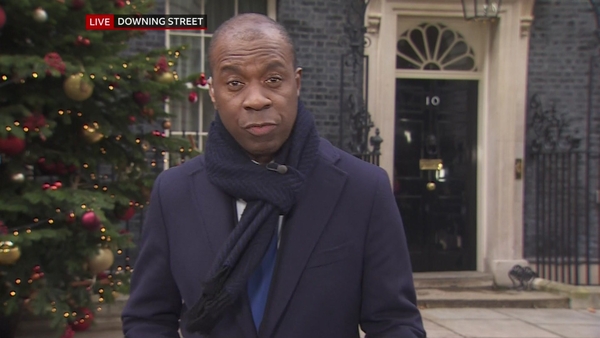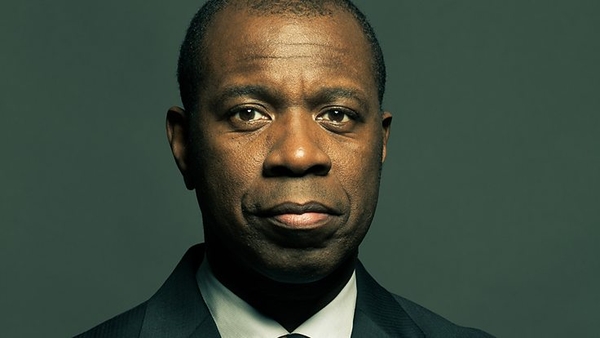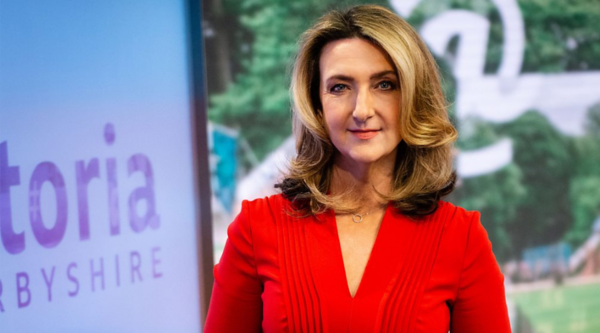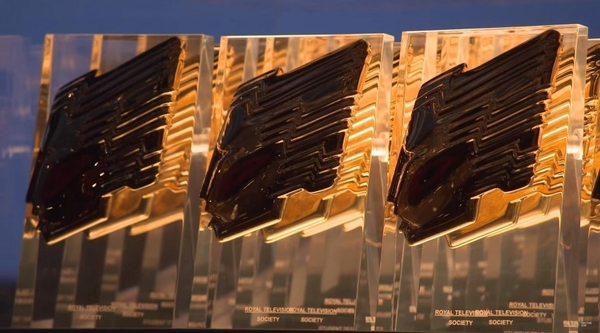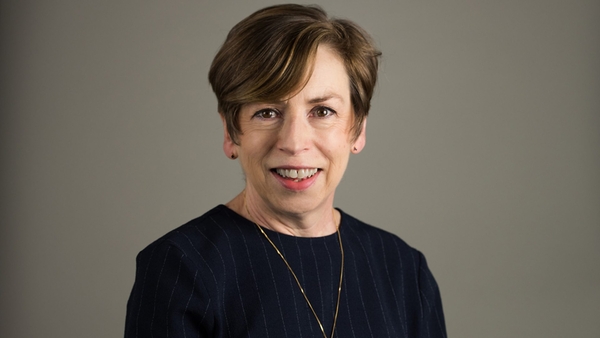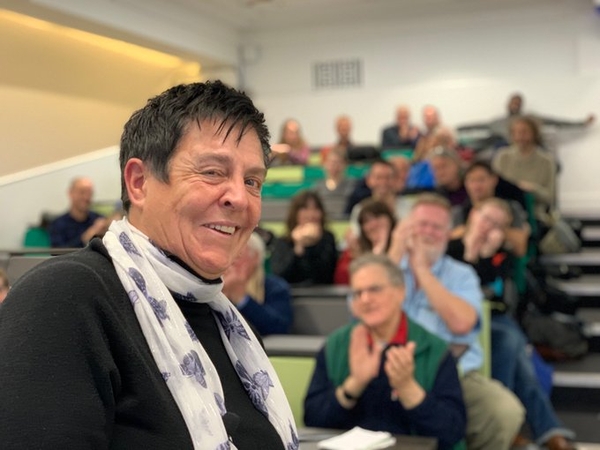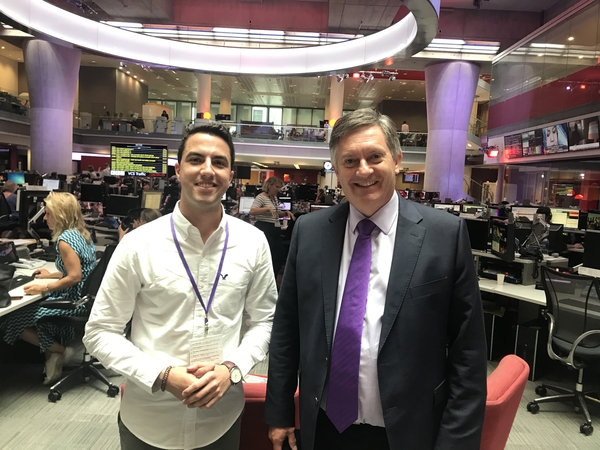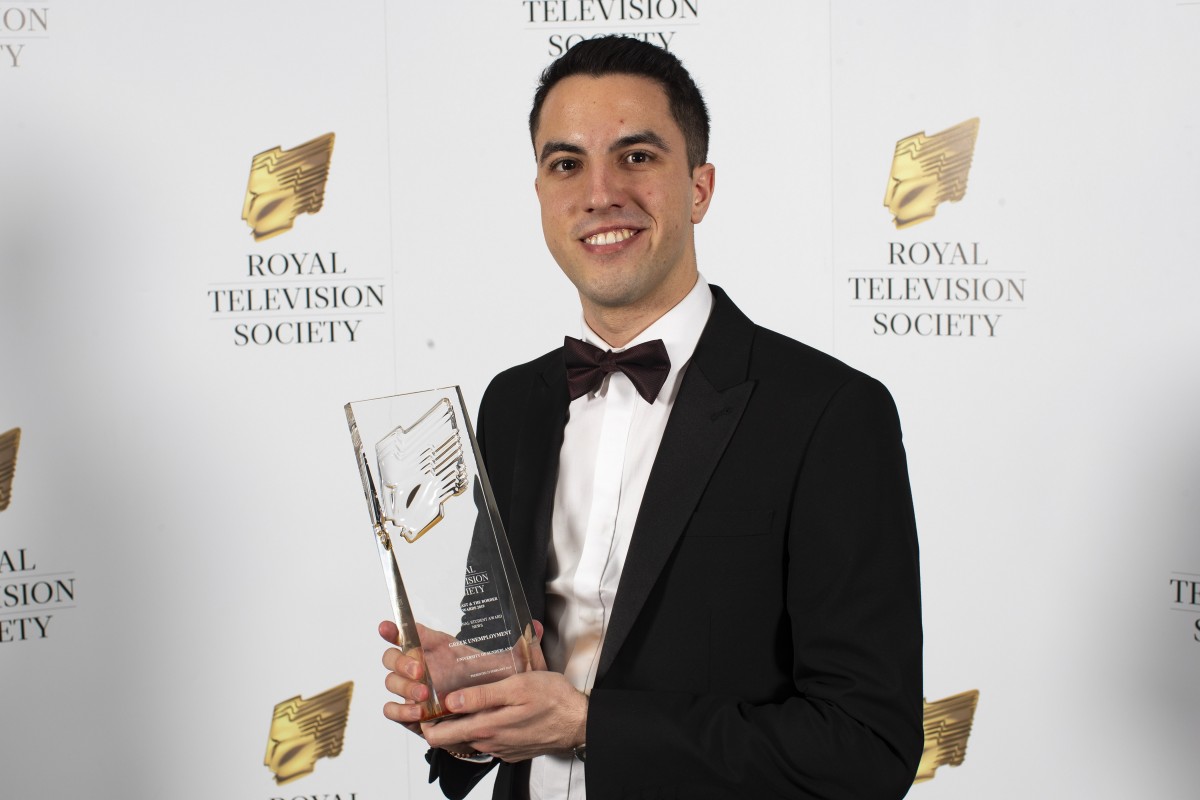Fake News: The Broadcasters’ Dilemma | RTS Cambridge Convention 2021
An expert panel, routinely faced with decisions about how to cover fake news, considers the pitfalls, the ethics and the psychology behind one of the most insidious disrupters in the modern world.
Chair
Naga Munchetty, Journalist and Presenter, BBC Breakfast
Speakers
Sander van der Linden, Professor of Social Psychology in Society and Director of the Cambridge Social Decision Making Lab, University of Cambridge
Matthew Price, Editor, Data and Forensics Unit, Sky News

